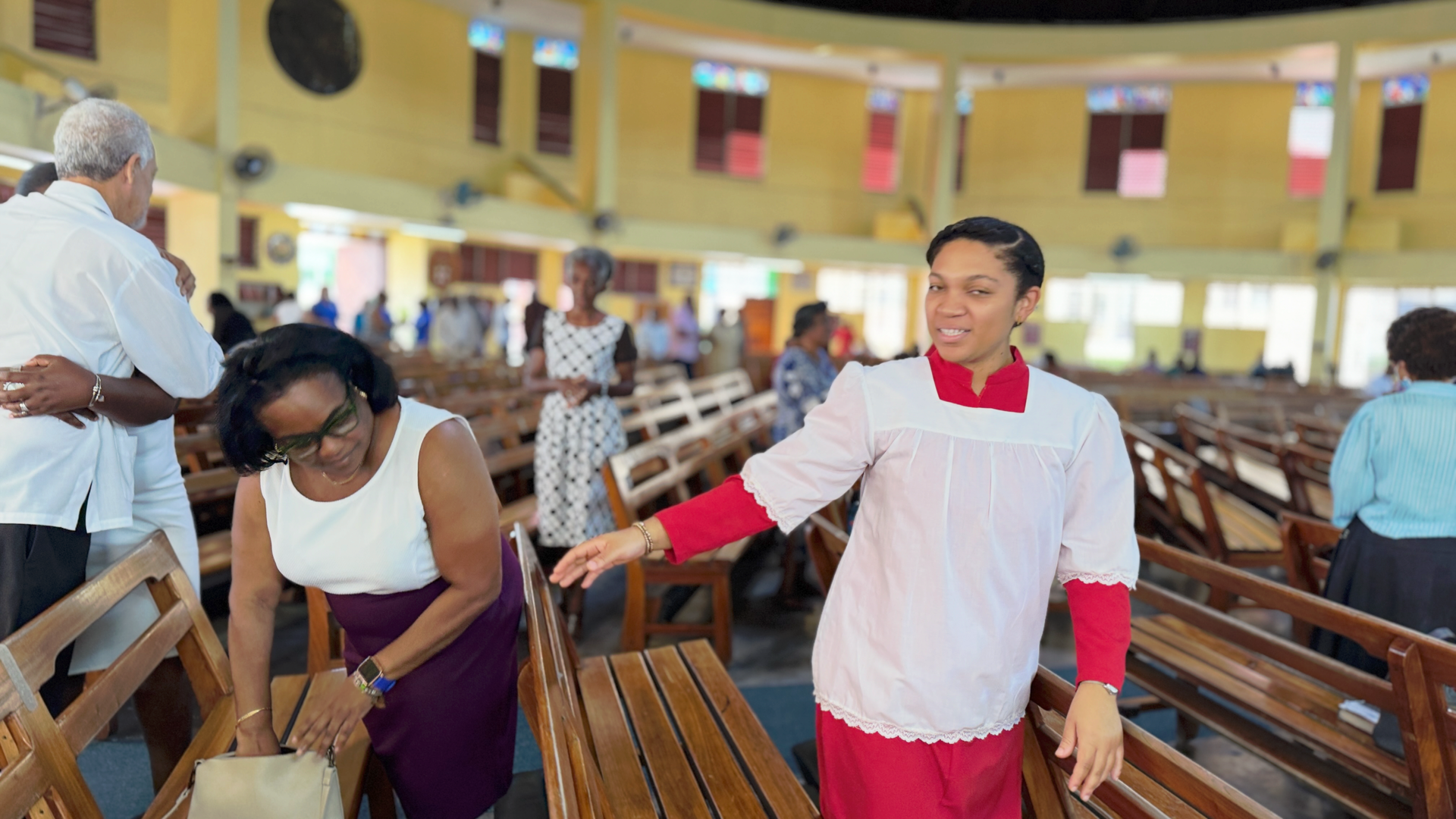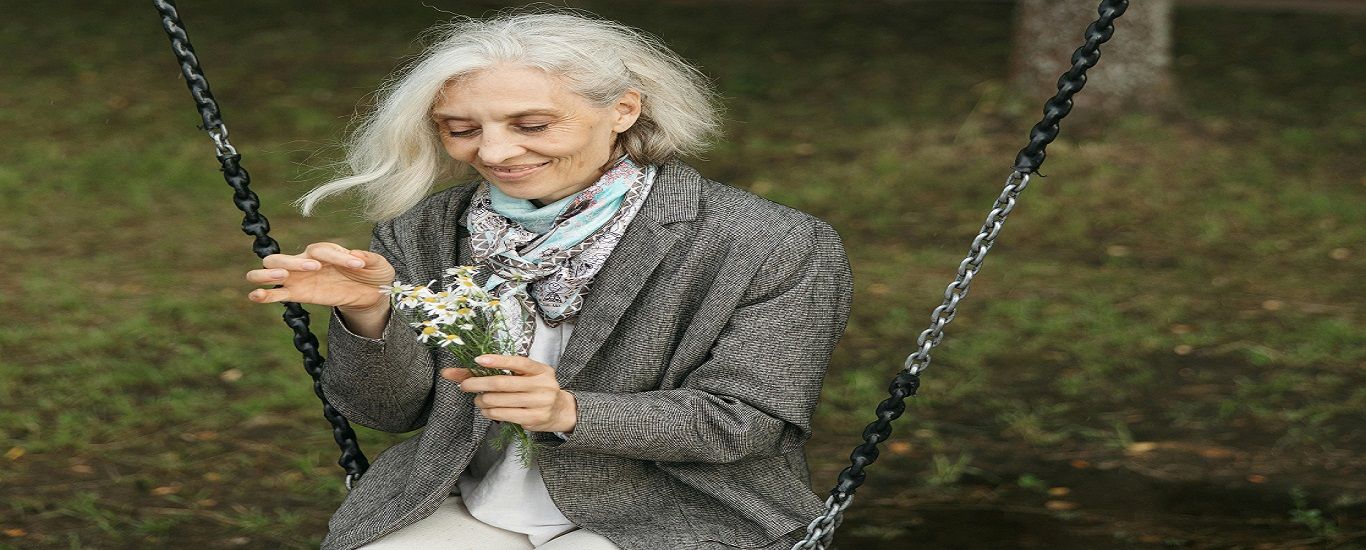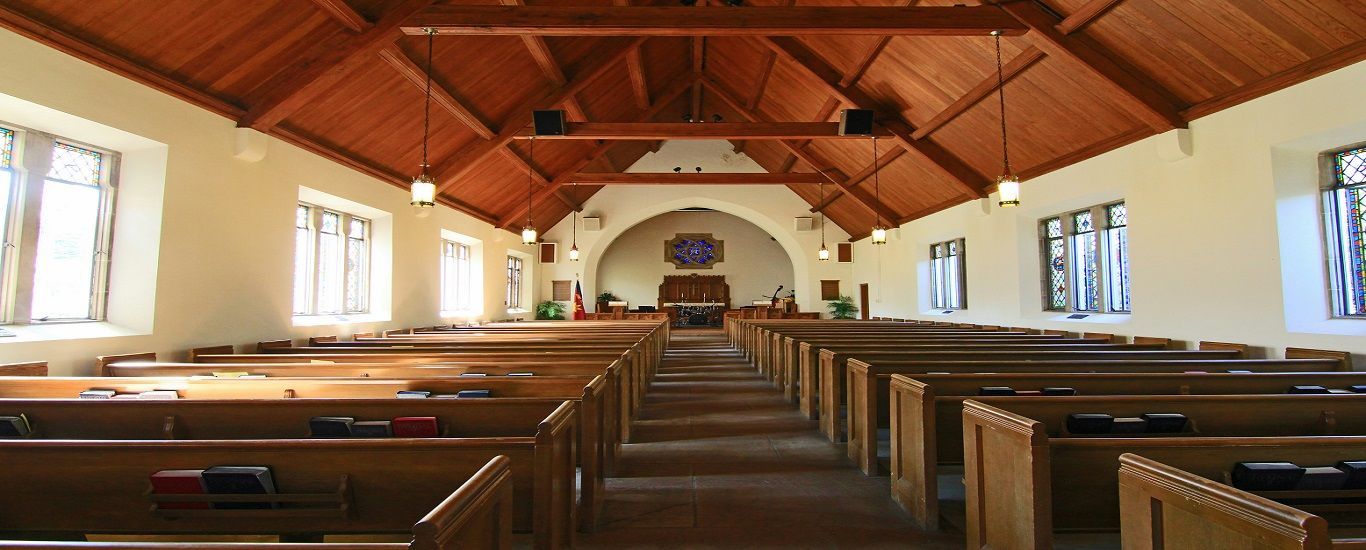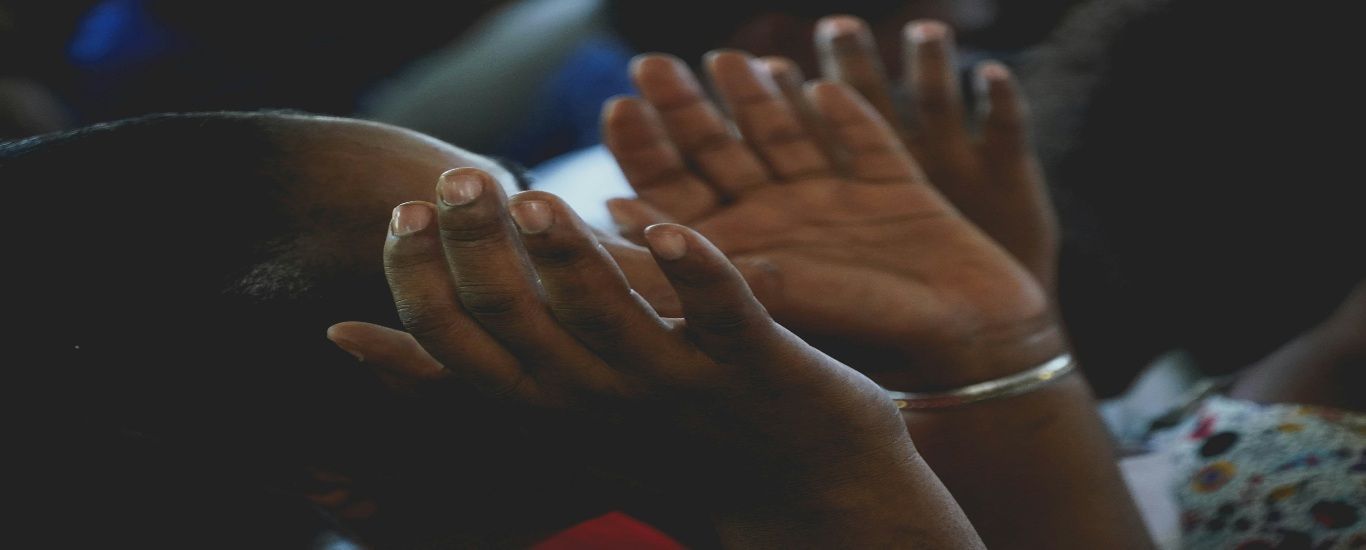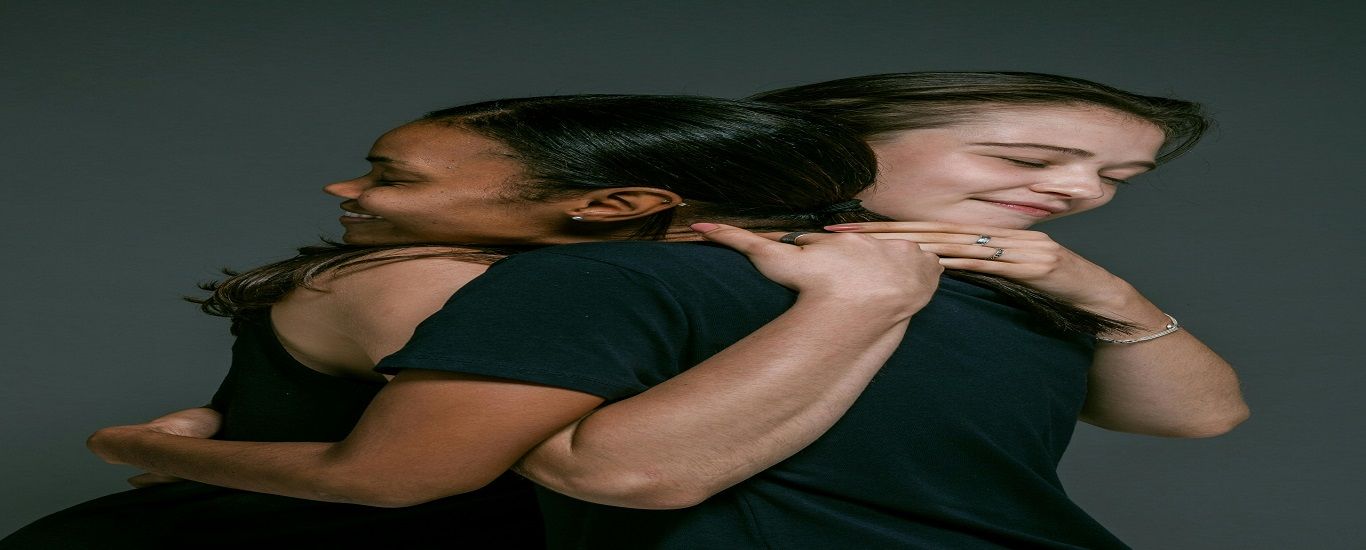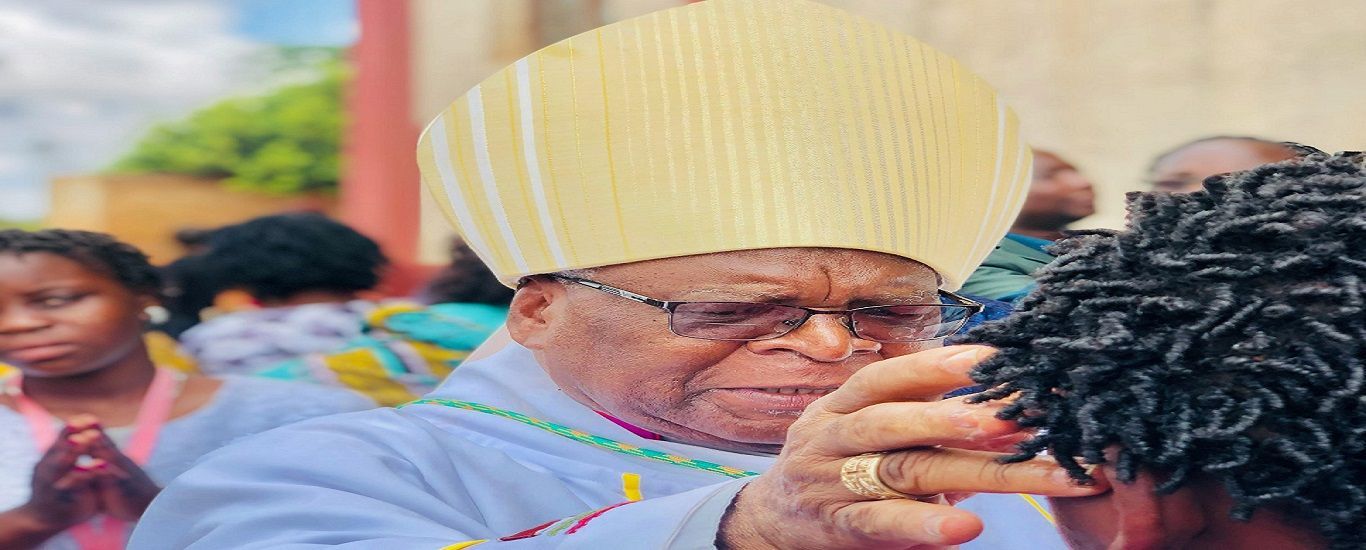Can Faith Save You?
My sisters and brothers, the new school year has begun with the usual expectation of all stakeholders in the education sector anticipating that this year will be even more successful than the last. Prior to the reopening, school administrators, as customary, would have been making the final preparations and doing their best with the limited resources (teacher shortages, inadequate facilities and financial deficiencies) to welcome new and returning students and teachers. The teachers would have readjusted minds, bodies and spirit to remain patient and feel encouraged to their calling of teaching and training and to find the right way for their charges to learn. Many parents are trying their best despite the constraints to fund their children’s education so that they can succeed. The children are excited to be with their friends again; others will start new friendships while others are eager for the year to end.
Whatever the circumstance, on this Education Sunday and onwards, let us in faith, pray for God’s wisdom, guidance and protection on all the key-players, especially those in this Diocese, trusting it will be a rewarding year for all.
*************************************************************************************
In his letter to the Jewish people who were scattered all over the world because of persecution from the Roman Government (James 2:14), the Apostle James asked the question, can faith save you? The question is as valid to us today as it was to the people to whom it was initially asked. The truth is that our faith is not tested nor does it become visible or spurred into action unless we are confronted with circumstances we cannot handle on our own.
When we are bolstered to ‘step outside the box’ and do something positive, yet out of character, we say we are ‘stepping out in faith’. That is good, because it means that we are confident that by the grace of God we can and will achieve our objective. The faith of which James speaks, however, in the latter part of his letter recorded in today’s reading (v 14-17) is more deliberate; it is one that challenges us to think about living out our faith in ways that reflect God’s mercy and love which will in turn benefit the marginalized among us. According to Margaret Aymer, James’s audience is called “to an engaged and enacted faith, one that attends to the physical needs of fellow community members.”
The gospel reading (Mark 7: 24-30) is a perfect example of someone who stepped out in faith to get her daughter healed. The Syrophoenician woman who, by Jewish standards and customs, was considered an outcast because she was a Gentile, knelt before Jesus and begged Him to free her daughter of the demon that possessed her. Matthew’s account (15:22) noted that she shouted, “Have mercy on me, Lord, Son of David” (NRSV). That account recorded that Jesus did not answer her, and the disciples urged him to “send
her away, for she keeps shouting after us.” (v 23). She was a bother to them. We can assume that the woman must have tried before and exhausted all other means to save her “little” daughter and, having heard about Jesus’ miracles, this was her last chance and the best option she would ever get.
Jesus’ terse response sounds very offensive, “…it is not fair to take the children’s food and throw it to the dogs.” Did Jesus call her a dog - what does that mean? The English Standard Version (ESV) Study Guide explained the “children” to be the Jewish people and “dog”, the Gentiles. Elizabeth Johnson theorized that Jesus was testing her faith. The hymn writer William Cowper states, “Can a woman’s tender care cease towards the child she bare?” (CPWI 518 v 3 – lines 1 & 2). This tenacious mother was down but was not broken. Her humble submission “Yes, Lord, yet even the dogs eat the crumbs that fall from their masters’ table” (Matthew 15:27), was an acknowledgement of Jesus’ mission to serve the Jewish people, yet this was no deterrent in her faith that He could also heal her daughter. Jesus praised the woman’s faith and sends her home with an assurance that the demon had left the child.
Sisters and brothers, the Syrophoenician’s story is testament that faith can indeed save us. The Psalmist reminds us of God’s promise to lift up those who are bowed down (Psalm 146:8). God’s love and healing power has no limits, barriers or social boundaries, so when we are, according to St. Paul (2 Cor. 4:8), pressed down on every side, let us not be crushed, let us not give up, but trust in the Lord with all our hearts.
Therefore, let us stand by faith, see by faith and receive by faith.
Donna-Marie


